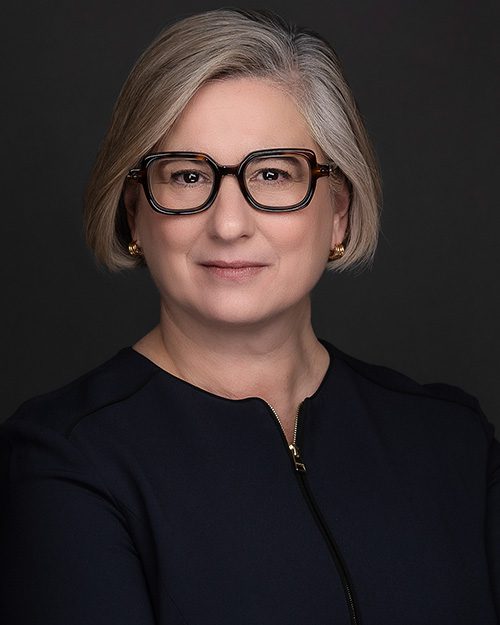Amy S. Gottlieb to fill new role overseeing faculty appointments and promotions, career development, and inclusion
By Hope Hamashige
Amy S. Gottlieb, MD, a seasoned faculty affairs leader and nationally known expert on gender equity in medicine, has joined the Keck School of Medicine of USC in the newly created position of vice dean for faculty affairs, advancement, and inclusion.
Gottlieb joins the Keck School of Medicine from UMass Chan Medical School-Baystate where she was the inaugural associate dean for faculty affairs at the school’s first regional campus and chief faculty development officer at Baystate Health, a large, diversified health system in Western Massachusetts.
In those roles, she was a member of the executive leadership team that established the new medical school and worked closely with leaders, faculty, and staff on multiple campuses to create the strategy, operations, and programming to support a robust faculty affairs and faculty development enterprise. During her tenure, she successfully launched a physician leadership academy, a division chief leadership bootcamp, and multiple initiatives to educate faculty about the academic promotion process.
Nationally, Gottlieb has been a leading voice on closing the gender pay gap in medicine and is currently Chair of the Association of American Medical Colleges’ Group on Women in Medicine and Science Steering Committee.
“It is an honor to welcome Amy Gottlieb to the Keck School of Medicine of USC,” said Dean Carolyn C. Meltzer, MD. “Dr. Gottlieb is passionate about developing ways to promote and retain a diverse workforce, which makes her the perfect person for this position.”
At the Keck School of Medicine, Gottlieb will develop a new role that brings together three important offices under one umbrella: faculty appointments and promotions, faculty development, and diversity and inclusion. She noted that the vision for her new office is to provide all faculty, regardless of their gender, race, ethnicity, religion, or sexual orientation, the opportunity, infrastructure, and resources necessary to advance in their careers.
“This new role is novel within academic medicine,” said Gottlieb, noting that housing all three domains under one office is not typical among U.S. medical schools. “Harnessing the talents of a diverse workforce is critical in 21st century medicine and this new platform is a real opportunity for the Keck School of medicine to be a national model in engaging and supporting the success of all faculty.”
A long commitment to diversity
Gottlieb, whose specialty is internal medicine, worked in corporate finance before deciding that she wanted to go back to school to study medicine. She decided to attend medical school because she wanted to care for underserved populations.
As an administrative and academic leader, Gottlieb has devoted much of her career to encouraging organizations across the country to pay attention to inflection points in workplace practices, such as recruiting and hiring, compensation, and promotion, where biases can emerge to disadvantage minoritized groups. While serving on the Society of General Internal Medicine’s Women and Medicine Commission, which she ultimately led, she created a career advising program for women faculty, which has served over 400 individuals nationwide and earned her the society’s highest service honor, the Elnora M. Rhodes Service Award.
Gottlieb has also written a book on salary equity, entitled Closing the Gender Pay Gap in Medicine: A Roadmap for Healthcare Organizations and the Women Physicians Who Work for Them, which was published in 2021.
“I have always had a passion for improving equity and inclusion in medicine, which is why this position is so exciting,” said Gottlieb. “It is a unique opportunity to bring that lens to the policies and practices that impact our faculty’s career trajectories.
